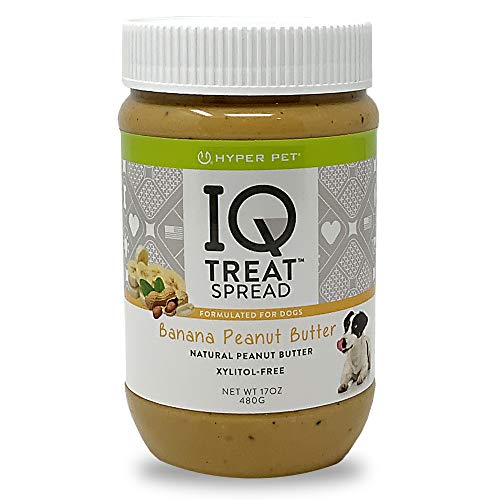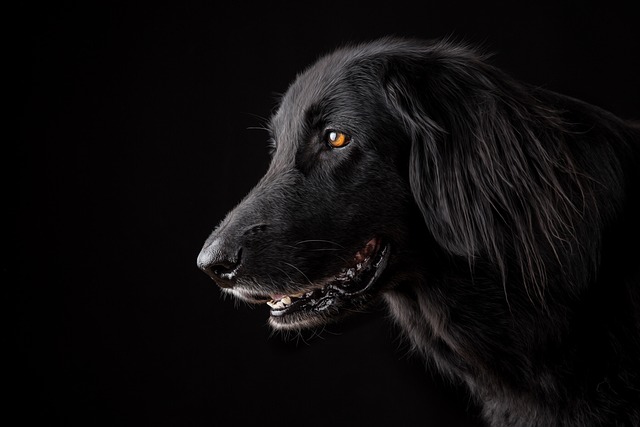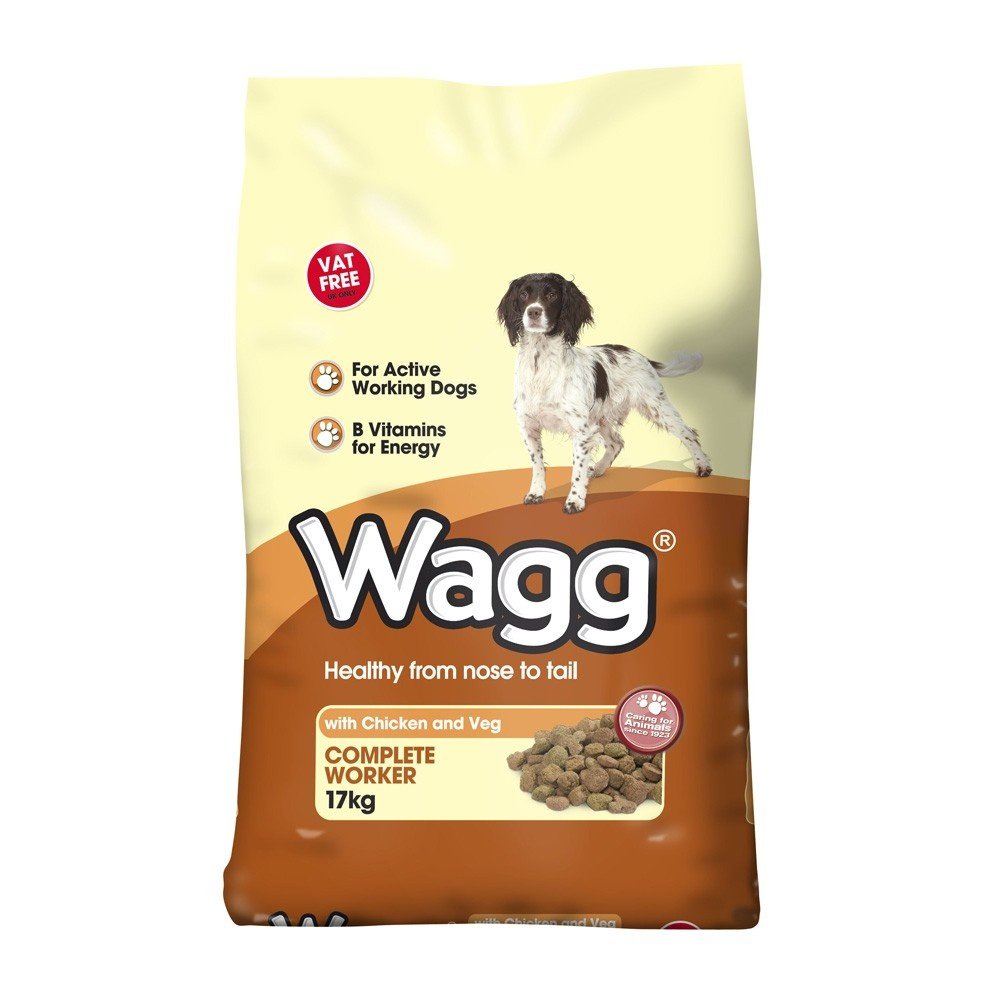
The most important decision is to find the best dog for your needs. There are many kinds of dogs. The choice of the right dog will depend on many things. There are many breeds that can be bred. They vary in size, temperament, and needs for grooming. Before making a final decision, it is important to consult with a licensed veterinarian. Here are some breeds of dogs to consider if this is your first time owning a dog.
Golden Retrievers
It is crucial to be patient when you get your Golden Retriever. They are protective of their family and have a strong instinct to protect their owners. They are gentle with children, and will only take toys away if they are removed carefully. They shouldn't be left alone for too long.
An adult or senior golden retriever is a great choice for your first dog. Although these dogs have outgrown their puppy-like behaviors, they will still need daily walks. These dogs need to be exercised less than their younger counterparts. Senior goldens can be a great option if you are looking for a dog that requires less work.
Although Goldens do not require extensive training, they can quickly master standard obedience training. They will learn the names of all things and where their toys are. It can take them a while to reach emotional maturity. Most dogs achieve this by the age of two to three years. These dogs might just want to have fun, despite being intelligent.
Cavaliers
Cavaliers are one of the best dogs for first-time owners due to their gentle and affectionate nature. They are also easy to train, require very little exercise, and are extremely social. They require minimal grooming and are very sweet. Continue reading to find out why Cavaliers make the perfect dog for first-time owners.

Cavaliers may be known as lap dogs. However, as they age, they may develop heart problems. They can get along with children, however, and are very social. This makes them a good choice to be part of a family with children. They are also one of the most affordable breeds, making them ideal for first-time owners.
Cavaliers are adorable, intelligent, and very energetic. Although they can grow to large sizes, they shed less than larger breeds. The Cavalier KCS Spaniel is a good choice for anyone who is just getting started with pet ownership. This dog can be as small as 18 pounds, which makes it perfect for smaller apartments.
Bichon Frise
Bichon frises are small, energetic dogs. They are great with children, and they get along well together with other pets. They are easy and quick to train. They only require moderate daily exercise and a good grooming routine. Bichons have short, curly coats that will require occasional brushing.

Bichon frisses are hypoallergenic. Their high level of shed skin means you need to attend frequent grooming appointments, and be in constant contact with your groomer. If the undercoat is covered in shed hair, it should be removed daily. This can cause painful mats.
Bichon puppies will be friendly and affectionate so it's important to properly prepare your home. Before you bring your new pet home, be sure to spay/neuter it.
FAQ
What amount should I spend on my pet?
It is a good rule to budget between $200 and $300 per month.
However, this varies depending on where you live. You would spend $350 per Month in New York City.
In rural areas, however, you might only need to spend $100 per month.
It is crucial to remember that quality products such as collars and leashes are important.
A crate is a great investment for your pet. This will keep him safe during transport.
How To Make Your Pet Happy?
Pet owners often wonder about how to make their pets happy. Some people buy toys, treats, and even clothes for their pets. This might not work for all pets, as some pets may not like certain items. Some dogs won't wear sweaters, for instance.
So, before buying something for your pet, try to figure out why he doesn't like it. You might find that your pet likes different types of food than you. Maybe he doesn't like wearing shoes.
Another tip: Play with your pet. You can play with a ball, or a frisbee. It can be thrown around the room. You can also throw it into the air and let him chase it. This game will make you both laugh. It's fun and relaxing too.
A good idea would be to give your pet an occasional bath once or twice a week. Bathing can help remove dead skin cells. He will also enjoy a nice smelling bath.
Also, it is important to ensure your pet's health. Don't allow him to eat junk foods. You should instead feed him quality food. He should get plenty of exercise, too. You can take him out for a stroll or play fetch.
Your pet will love spending time with you. In fact, most pets prefer being with their owners rather than staying alone.
And finally, remember to love your pet unconditionally. Do not yell at or hit your pet. Be patient with him. Never leave him alone.
Which breed is easier to train, cats or dogs?
Both. It all depends on the way you approach training them.
They will learn quicker if you reward them for following the instructions. They'll learn to ignore you if they don't listen.
So, there's no right or wrong answer. The best way to teach your cat/dog is the one you choose.
Statistics
- Monthly costs are for a one-year-old female mixed-breed dog and an under one-year-old male domestic shorthair cat, respectively, in excellent health residing in Texas, with a $500 annual deductible, $5,000 annual benefit limit, and 90% reimbursement rate. (usnews.com)
- * Monthly costs are for a 1-year-old female mixed-breed dog and a male domestic shorthair cat less than a year old, respectively, in excellent health residing in Texas, with a $500 annual deductible, $5,000 annual benefit limit, and 90% reimbursement rate. (usnews.com)
- It's among a relatively few companies that provide policies with a full (100%) coverage option, meaning you are not responsible for any co-payment of bills. (money.com)
- A 5% affiliation discount may apply to individuals who belong to select military, law enforcement, and service animal training organizations that have a relationship with Nationwide. (usnews.com)
- Here's a sobering reality: when you add up vaccinations, health exams, heartworm medications, litter, collars and leashes, food, and grooming, you can expect a bill of at least $1,000 a year, according to SSPCA. (bustle.com)
External Links
How To
How to choose a good name for your pet?
Name selection is one of most important decisions when you adopt a pet. Names should reflect the personality and character of your pet.
You should also consider how others might refer to them - if you're going to use their name in conversation, for example. Finally, think about how you'd like to be referred. Are you more comfortable calling yourself "dog" or your "pet"?
These are some tips to get you started.
-
Pick a name that fits your dog's breed. If you're familiar with the breed (e.g. Labradoodle), search for names associated with it. Or ask someone who knows dogs well to suggest a name based on the breed.
-
Be aware of the meaning behind the name. Some breeds are named after people or places, while others are just nicknames. The name "Rover," for example, was given to a Labrador Retriever because he was always running around!
-
What would you prefer to be called? Do you prefer "dog" to "pet?" Would you rather call your dog "Puppy", "Buddy" or "Buddy?"
-
Don't forget to include the owner's first name. It's sensible to give your dog an owner's name. But, don't limit yourself by limiting your family's names. Your dog may grow up to be part of your family, too!
-
Keep in mind that many pets have multiple names. For example, a cat might go by several names depending on where she lives. At home, she could be called "Kitty Cat", but when visiting friends, "Molly". This is especially true if the cat lives outside. They often adopt their names to fit their environment.
-
Be creative! There are no rules saying that you must stick to a specific naming convention. Be unique and memorable in your choice.
-
Be sure to check that your chosen name does not already belong in the hands of another person or organization. You won't accidentally steal the identity of someone else!
-
Remember that choosing the right name for your pet can be difficult. Sometimes, it can take time to find the right name for your dog. Keep at it until you find the right match.